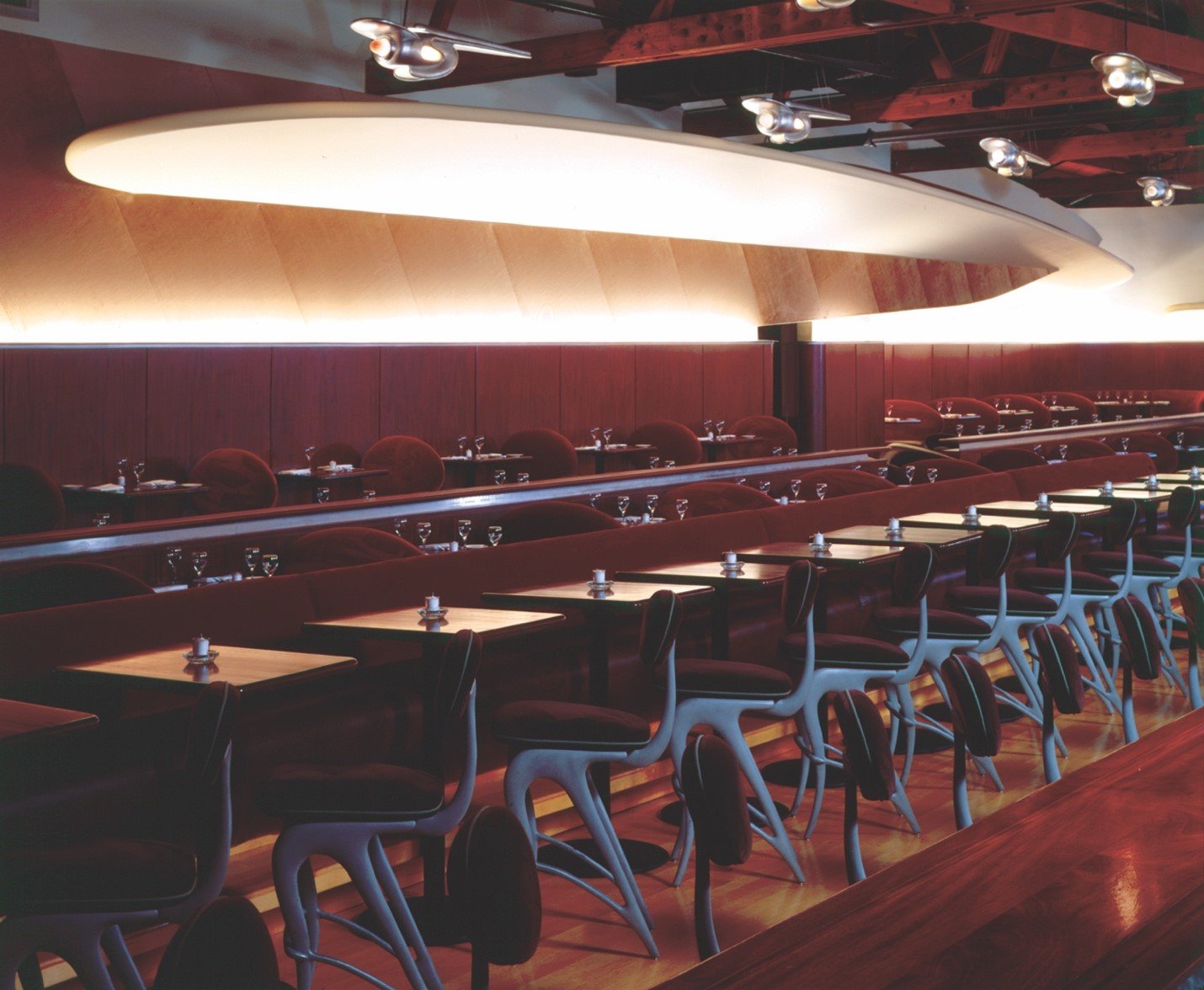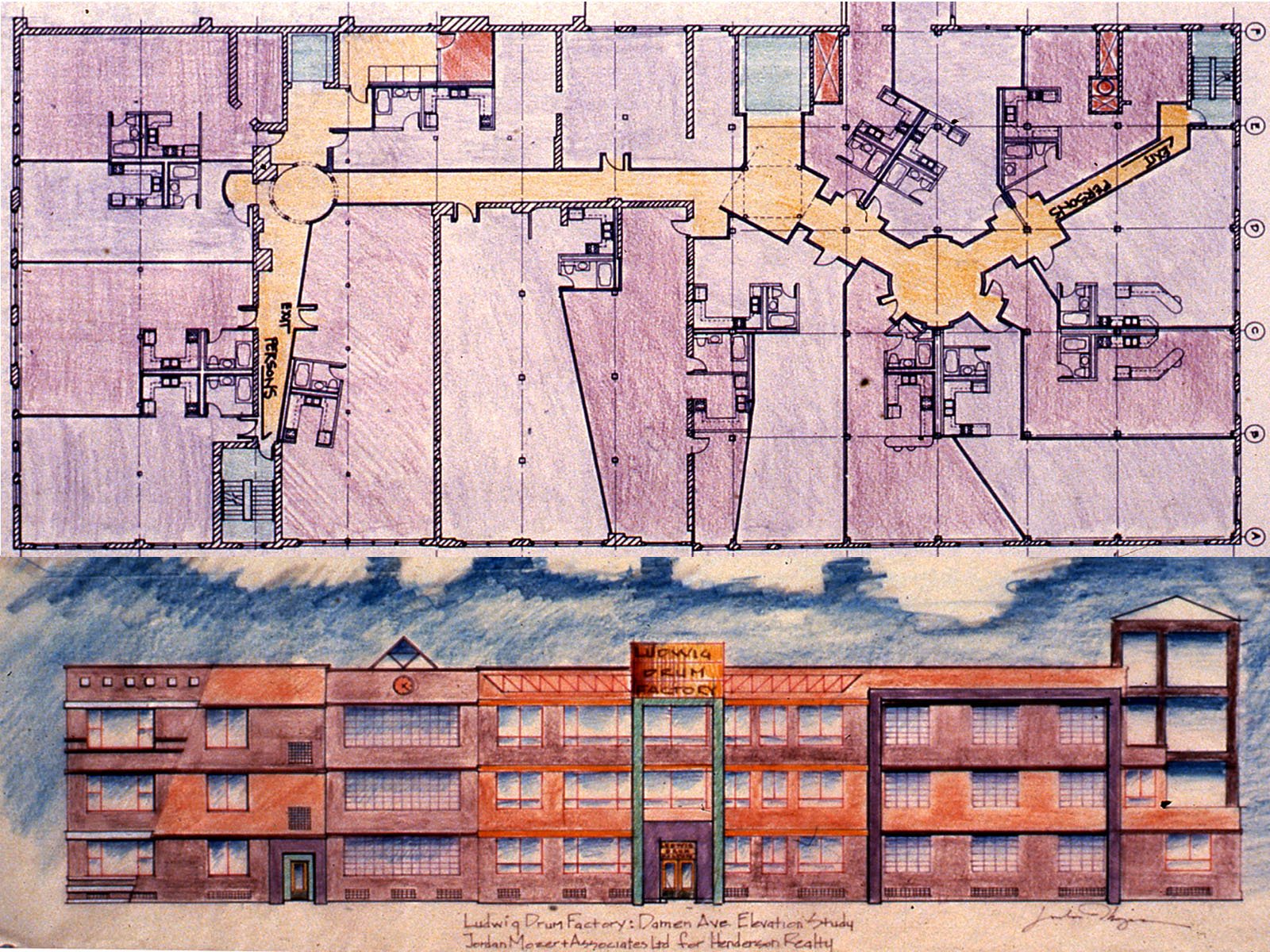Adaptive Reuse
Adaptive reuse is conversion of a building from its original use to a new one. The practice adds value to a project by preserving resources and a sense of history and elements of a building’s soul, and saves time and money. As cities are in a constant state of change it’s an effective approach.
“Heraclitus, I believe, says that all things pass and nothing stays, and comparing existing things to the flow of a river, he says you could not step twice into the same river.” Plato
Our practice was founded on the adaptive reuse of light-manufacturing buildings emptied as manufacturing jobs migrated offshore and service jobs replaced them.
We converted factories and warehouses into live-work lofts, offices and retail venues, providing design and sometimes design-build services.
As we developed more expertise in new business development and assembly space design we prepared concepts to convert Europe and the USA. Our work included converting garages, a turbine factory and a bank into restaurants and developing hotels from an iron foundry, an office building, a post office, etc…
One of our favorite adaptive reuse projects is East, the conversion of abandoned and decrepit iron foundry in Hamburg’s St. Pauli District into a hotel with a variety of restaurant, lounge, bar and dance venues.
Recently we converted a mechanic’s garage into Twain, A 1930’s mechanic’s garage was converted into Twain, a restaurant and bar in Chicago’s Logan Square neighborhood.
Louis Sullivan
The conversion of a warehouse / residence into an office building with a ground floor restaurant.
Jordan Mozer and Associates, LTD.
- River North
The conversion of loft space originally used as a metal machine shop into an architecture and design studio
Ludwig Drum Factory
The Ludwig Drum Factory, which provided drumsticks to Ringo Star, was converted into some of the first Planned Development live-work lofts in Chicago.











